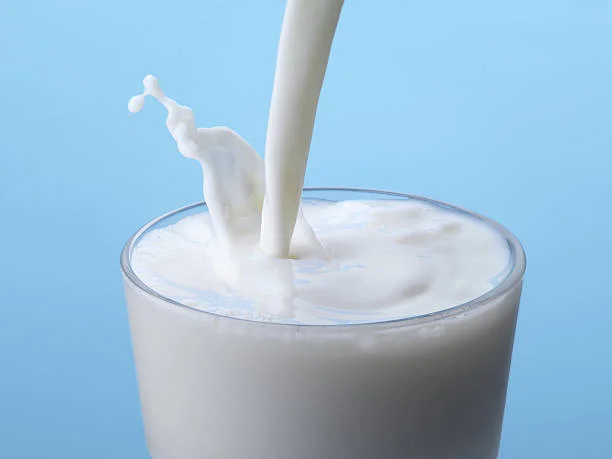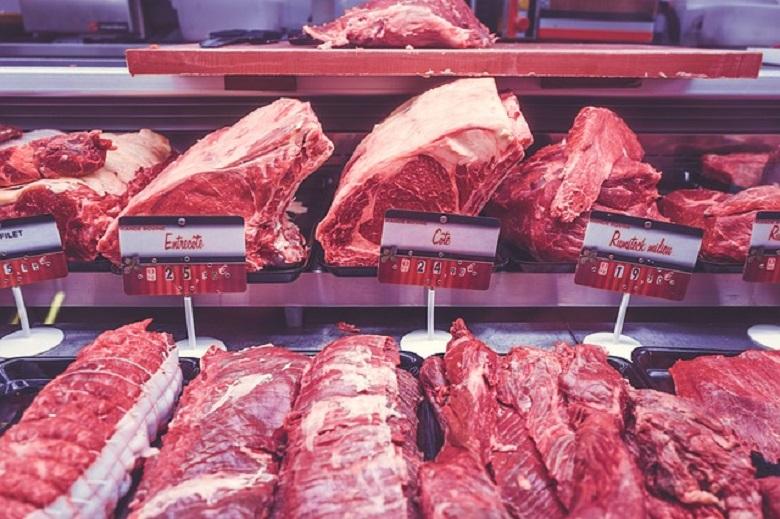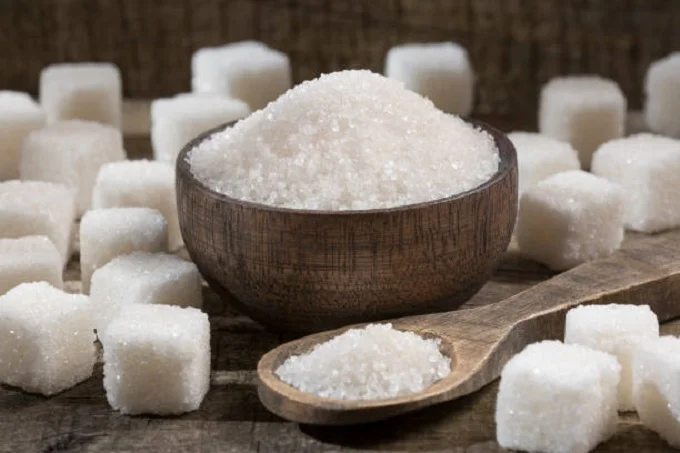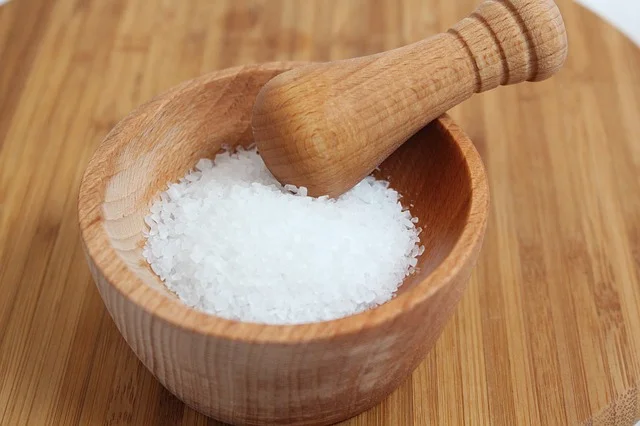5 foods to avoid if you have oily skin

Oily skin can be inherited by a person or become so due to hormonal changes, stress, disease, climate change, etc. It is more important not why you have this type of skin, but what to do with it.
The main thing is nutrition, and in this article, we will tell you about 5 foods that need to be excluded from the daily diet.
Fats

Mayonnaise, vegetable oil, margarine, and other similar products are taboo for oily skin. They generally have a negative effect on the body, but the skin suffers from their effects first.
Dairy products

Milk, ice cream, fatty cheeses, cottage cheese, yogurts – they cannot be completely abandoned, but it is worth limiting their consumption. These products stimulate the sebaceous glands, and you need the opposite effect.
It is possible that your skin does not respond well to a particular dairy product, so try eliminating them one at a time to determine the culprit.
Red meat

Beef, lamb, pork, and their derivatives (bacon, sausages) with oily skin are not the best companion. This is a good reason to try vegetarianism, but if you don’t feel like it, then at least alternate red meat with poultry and seafood, and it is better to steam it. In no case should you fry in a large amount of oil.
Sugar

Sweets are one of the most common causes of skin problems. Sugar contains the protein IGF-1, an insulin-like hormone that stimulates the production of fat.
If you lean on sweets, then too much fat will be produced; therefore, even giving up meat and milk but continuing to eat sweets, the result will not be achieved.
Salt

A lot of salty food in the diet leads to dehydration, so the body turns on the defense mechanism and begins to retain water “in reserve.” The result is puffiness and bags under the eyes.
The skin also begins to “defend itself” and increases the production of sebum or sebum. Canned food, fast food, homemade pickles – try to eat less of them.
Among the foods that are not allowed, many can and should be eaten with oily skin. This is especially true of vegetables and fruits: oranges, cabbage, peaches, bell peppers, apricots – this and much more will give the necessary vitamin C.
Also, do not forget that despite many problems, oily skin ages more slowly: wrinkles, age spots, and other age-related changes appear later than dry or normal.




